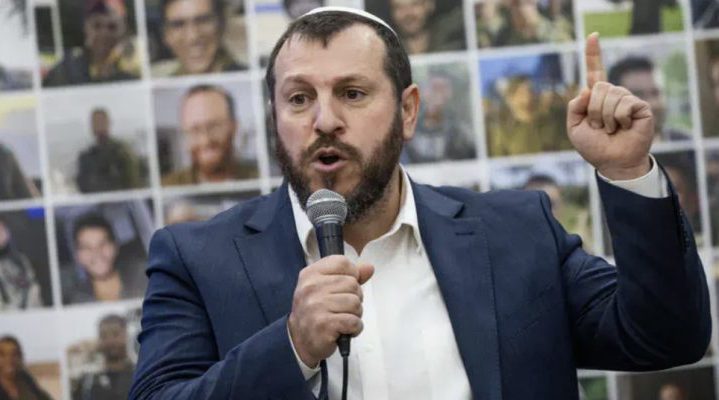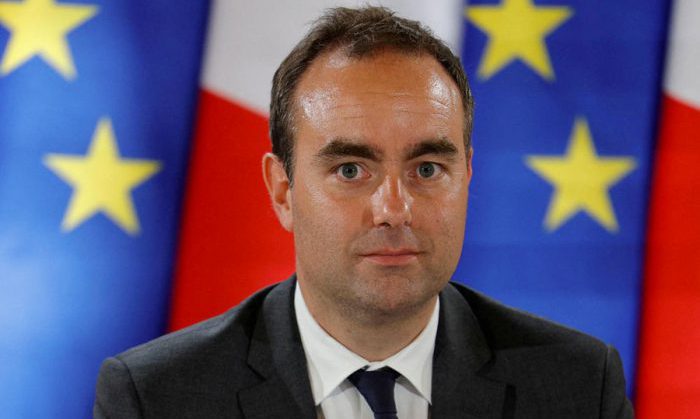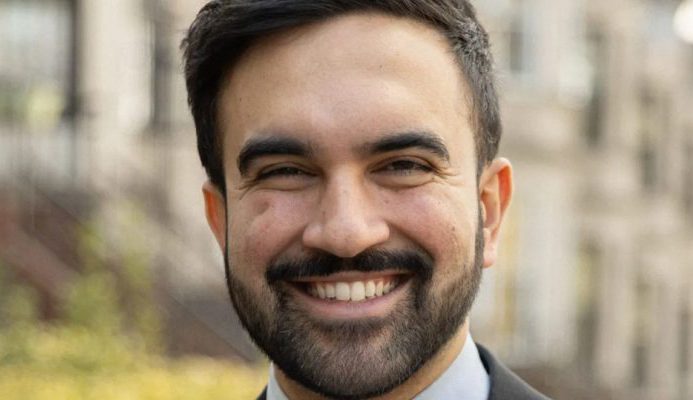Heritage Minister Amichai Eliyahu rejects coercive draft policies, warning that Israel’s unity—not legislation—will determine the future of Haredi service in the IDF.
Heritage Minister Amichai Eliyahu (Otzma Yehudit) has voiced sharp skepticism over the newly leaked Draft Law, declaring that no legal decree can force Israel’s ultra-Orthodox community to enlist if the change doesn’t come from within their values and sense of national partnership.
Speaking to Reshet Bet on Wednesday, Eliyahu emphasized that “volunteering with ZAKA is no less important than military service,” noting that civic contribution takes many forms beyond the battlefield.
Eliyahu also turned his gaze toward Israel’s secular heartland, calling out the low enlistment rates in northern Tel Aviv and lamenting a lack of motivation among non-Haredi youth to join frontline combat roles.
“They enlist, but not in combat units. It reflects a lack of willingness to serve in frontline roles,” he said.
In a direct challenge to populist rhetoric surrounding the draft debate, Eliyahu warned against turning the issue into a tool for division.
“No law can fix this. We need to instill education and mutual responsibility, not use force. A populist, meaningless campaign whose sole purpose is to divide society will destroy the national fabric,” he cautioned.
Eliyahu’s remarks come after Channel 12 News leaked the text of MK Boaz Bismuth’s Draft Law, which introduces sweeping changes largely favorable to the Haredi public. Among the most significant shifts:
- Elimination of combat soldier quotas — the law drops any binding numerical targets for Haredi enlistment in combat roles.
- Civil service counted as national duty — Haredim serving in the police, Magen David Adom, or Home Front Command will be officially included in national service figures.
- Reduced exemption threshold — the definition of a Haredi student has been amended, granting draft exemptions to anyone who studied in yeshiva for two years instead of three.
While critics claim the reform further entrenches inequality, supporters argue it reflects a more realistic, gradual approach—one that respects religious identity while still encouraging service to the nation.
Eliyahu concluded optimistically:
“I believe Israeli society is changing. Even in the northern parts of Tel Aviv, people are beginning to understand that service—military or civilian—is part of our shared destiny.”





